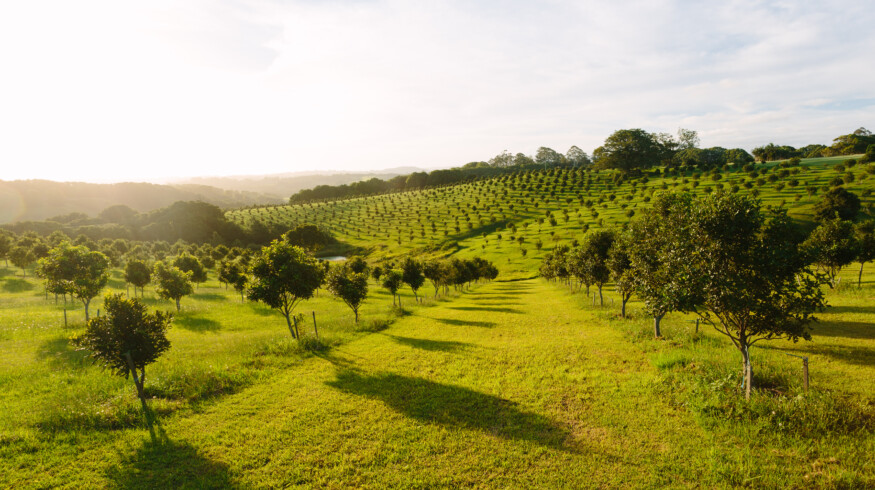Scientists discover wildlife’s positive impact on agriculture

A recent study led by researchers from two German universities reveals that certain wildlife, including bees, bats, and birds, significantly enhance macadamia nut production through natural pollination and pest control. The findings, published in the journal Ecological Applications, demonstrate how integrating ecosystem services into agriculture can substantially reduce reliance on harmful pesticides.
The research was conducted in South African orchards where scientists observed the interaction between wildlife and macadamia trees. Pollinators like bees increased nut yields by an impressive 525%, while bats and birds, by preying on pests, decreased nut damage by 40%.
Professor Ingo Grass of the University of Hohenheim highlighted that the orientation of macadamia tree rows relative to natural habitats notably affects the benefits of pollination. He noted that pollination effectiveness is maximized when tree rows are perpendicular to these habitats. Similarly, the presence of natural habitats enhances pest reduction by birds and bats, although this effect diminishes at higher elevations.
The study underscores the critical role of pollinators in sustaining the global food supply, a concern heightened by declining pollination rates linked to global warming. Researchers emphasize the importance of strategic plantation design and habitat protection in maximizing the benefits derived from these natural processes.
By fostering ecosystem services, agriculture can not only boost productivity but also mitigate the environmental impacts of chemical use, such as biodiversity loss and water contamination. Professor Catrin Westphal from Göttingen University suggests that managing these services collectively paves the way for a transition to more sustainable agricultural practices, offering a dual benefit to the environment and human health.
Enjoyed this story?
Every Monday, our subscribers get their hands on a digest of the most trending agriculture news. You can join them too!














Discussion0 comments